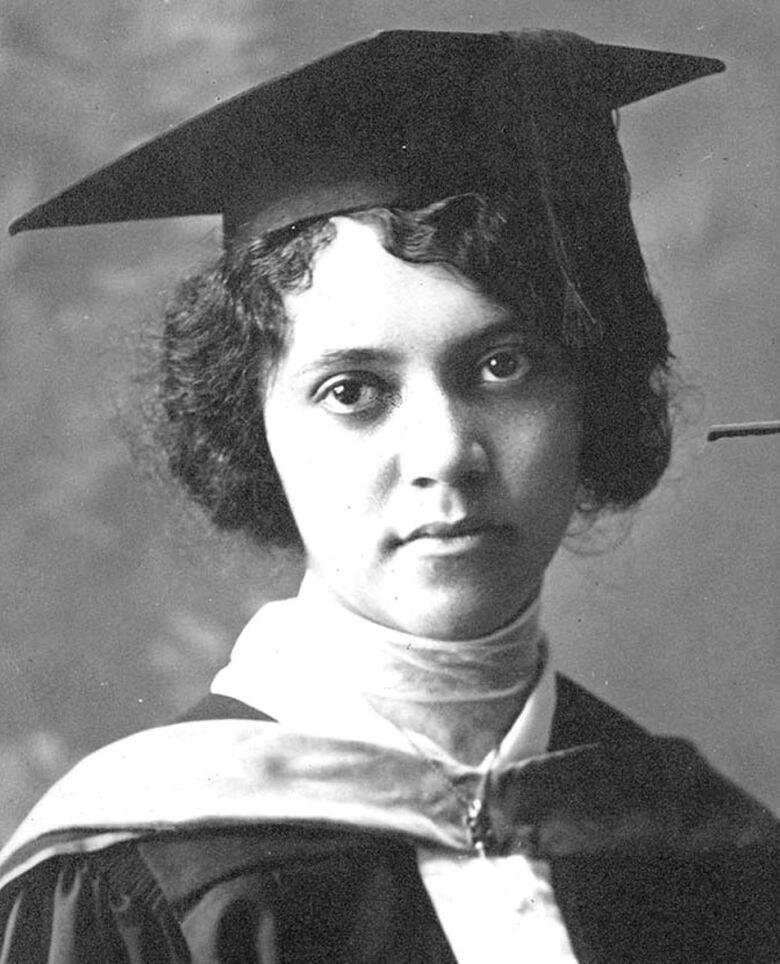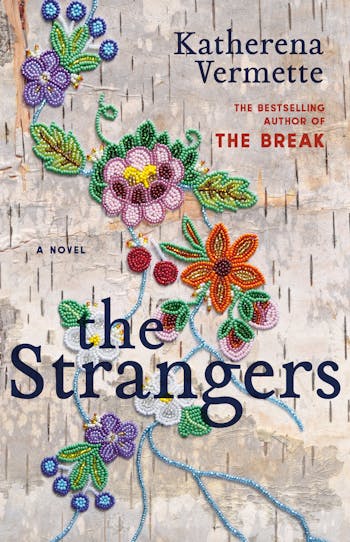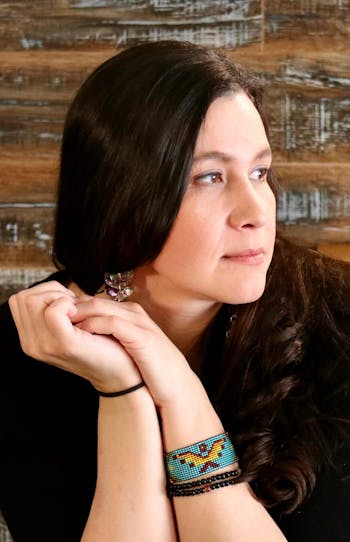The week of January 31 – February 4, 2022

ENTERING the SECOND CHAPTER OF YOUR EDUCATOR JOURNEY

CONGRATULATIONS! Most of you have now completed your second-year practicum and others will be done by June. You are now entering part two of the Great Developing Educator Journey. We are so admiring of how you have persevered through many difficult months of online learning and teaching, and how you have rallied and performed so well in your practicum placements. It has been a complete delight to read the incoming final reports that speak of such great work, effort, natural talent and developing skills. We hope you will take some time – at some point – to reflect on your journey so far. You are now firmly pointed toward your career in education
THIS WEEK:
- There will be no 3151 H/HH online class at 9:45 a.m. on Thursday, February 3rd. We will be at a funeral celebrating the life of Paul’s mother, Barbara McGuire, a wonderful spirited and talented woman. We will prepare an asynchronous activity, posted on Brightspace in the H/HH section, that allows you to reflect and represent your practicum experience, and we will be e-mailing you with a time for an open drop-in session in the week of February 7th. Thank you for your understanding. We will ‘see’ you on February 17th online, and will be looking at your work for the 3rd.
- All final reports should have been submitted to the practicum office and to us by you by January 28th unless other arrangements were made.
- Check out the winter semester format and schedule as posted on Brightspace. if you need a room on campus on Thursdays during 3151 time, they are posted there. Some of the schedule message is below.
- Catch up on your 3151 work, please. We will be assessing you (pass or fail) on your two blogs, reading responses, digital hub, S4C project.
- Check Brightspace for updated information on OCT temporary certification and overall accreditation. You are responsible for ensuring you have submitted all of the requisite information for registration with the college.
- The National Day of Remembrance of the Quebec Coty Mosque Attack was on January 29th – information below.
- International Holocaust Remembrance Day was on January 27th, the anniversary of the liberation of the Auschwitz concentration camp in 1945.
- Check your e-mail for messages from us regarding the online, open hour (TBD) and any notices about work outstanding.
- TAKE VERY GOOD CARE OF YOURSELVES. HAVE SOME FUN THIS COMING WEEK.
- A beautiful poem about a journey by Mary Oliver. http://thepracticelondon.org/poetry/poems-of-transformation-the-journey-by-mary-oliver/
PED 3151 Winter Semester Format & Schedule
As PED 3151 is a full-year course and was designated as online in September, it will continue online following the same format as the fall. Please refer to the course syllabus for important dates.
- Large group sessions with Tracy Crowe and PLCs will continue to be online. Same Zoom links will apply.
- Cohort Section Meetings will continue to be online. Professional Inquiry Sharing and Digital Hub Sharing will be virtual. Mock interviews will be virtual.
- Individual cohort professors may arrange in-person opportunities to meet on campus but in these cases, teacher candidates will be given the option of also attending online.
- If you are on campus on Thursdays for an in-person course and need a place to participate in our online PED 3151 sessions, you will be able to use the rooms assigned to PED 3151 from 8:30-11:30 am.
The National Day of Remembrance of the Quebec City Mosque Attack and Action Against Islamophobia – January 29th.
This day serves as a reminder that we must continue to work together to eradicate hate and racism in Canada and remember those who lost their lives by this terrible act. Please share the following resource to faculty members and teacher candidates as we learn about creating inclusive and diverse classrooms and communities with respect for all. https://www.nccm.ca/greensquare/




 .
. 




